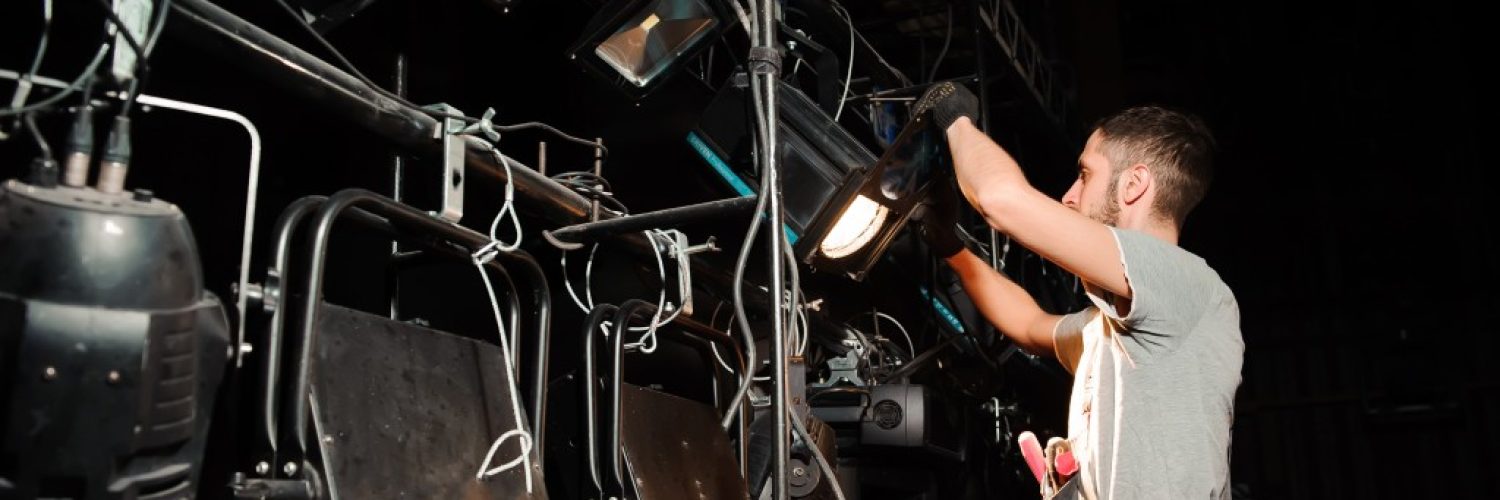One of the most important aspects of planning any event is deciding the venue. This is because it sets the mood, pace, and tone of the event. For instance, a space that is too limiting can make the event feel hurried or planned at the last minute because it can be uncomfortable for the guests.
A good venue is a place where both the coordinators and the guests of the event can move comfortably. How the venue is designed should fit the particular event being held there, and it should provide enough space for anything that might happen in the program.
Looking for a venue is very time-consuming, not because there are limited options, but because it can be too expensive, too far from the city, or too unfit for the kind of event that is going to be held there. That’s why running an events place business can be wise because the industry isn’t saturated yet.
With a promising venue, you can become the go-to place for every event planner. All you have to do is work with a seasoned contractor for event centers that can bring your vision to life. There are different kinds of events for various occasions, and that’s why you need to decide on your target market before you start building your venue.
Formal or Black-tie
If you want to attract people who are holding wedding ceremonies, company anniversaries, or professional seminars, then it would be best to create a formal venue. This way, you can easily accommodate those who are looking for a place to hold their black-tie events.
Some of the best venues for such events are conservatories, ballrooms, or grand event halls because they give off a classy and refined aura. These venue ideas are often partnered with elaborate but modest chandeliers, regal colors like white, gold, and cream, or decorated with simple crystals.
Having a functional space that is perfect for formal events can be a great way to secure listings with wedding parties, and businesses, academic, or professional events. The key to maintaining the grandiose appeal of your venue is by keeping your designs simple and neutral; not loud or obnoxious.
Semi-formal or Smart Casual
If you want to attract people who are holding graduation ceremonies, wedding anniversaries, or business seminars that aren’t too formal, then it would be best to create a venue that is between formal and informal. Since you’re aiming for the middle ground, you can accommodate more kinds of events.
Venues such as function halls, well-manicured gardens, or fields can be perfect for semi-formal events that you are planning to host. These places are still maintained well, but with less elegance compared to the venues for formal events.
Instead of the regal aesthetic, you will be leaning more towards flexibility. You will still need that neutrality, but it should be more comfortable than uptight. This way, your potential clients will have more freedom to decorate the place in the way they want to.
Informal or Casual

Out of all the three kinds of venues, this is the easiest to achieve. If you want to attract people who are holding birthday parties for their kids, celebrating life milestones, putting up a concert, or simply needing a place to gather, then a casual venue is perfect for your business.
You can create a venue that is similar to the spaces in restaurants or theme parks, as well as outdoor locations like playgrounds or stages. Your final venue design will greatly depend on the kind of market that you want to attract, so you need to make sure that you define the limits before building the infrastructure.
This is where you can get crazy with the decorations and design, especially if you’re hoping to accommodate kids of all ages. Including colorful, animal-inspired, or themed designs in your venue can be a good way to encourage the parents to hold their kids’ birthdays in your venue.
If you want to become a flexible events place for your potential clients, then you will need to find the middle ground among all types of occasions. This can be in the form of having a bare venue that you can easily decorate with movable set pieces or furniture.
However, catering to a wider audience can be more difficult than targeting only a specific market, so the choice is still up to you. At the end of the day, what matters most is that the cash flow that your venue is generating is continuous, so where it comes from is rarely substantial.

